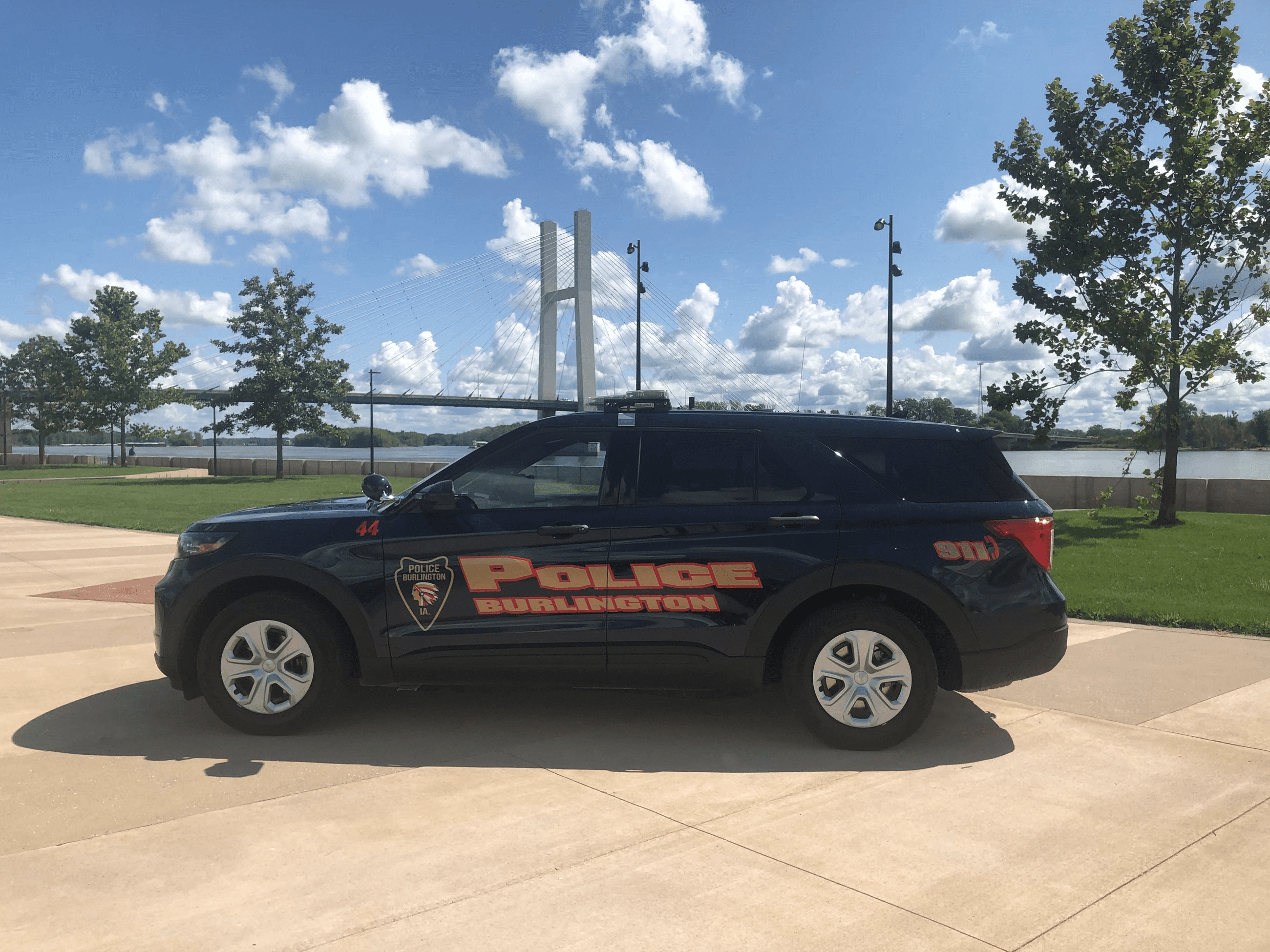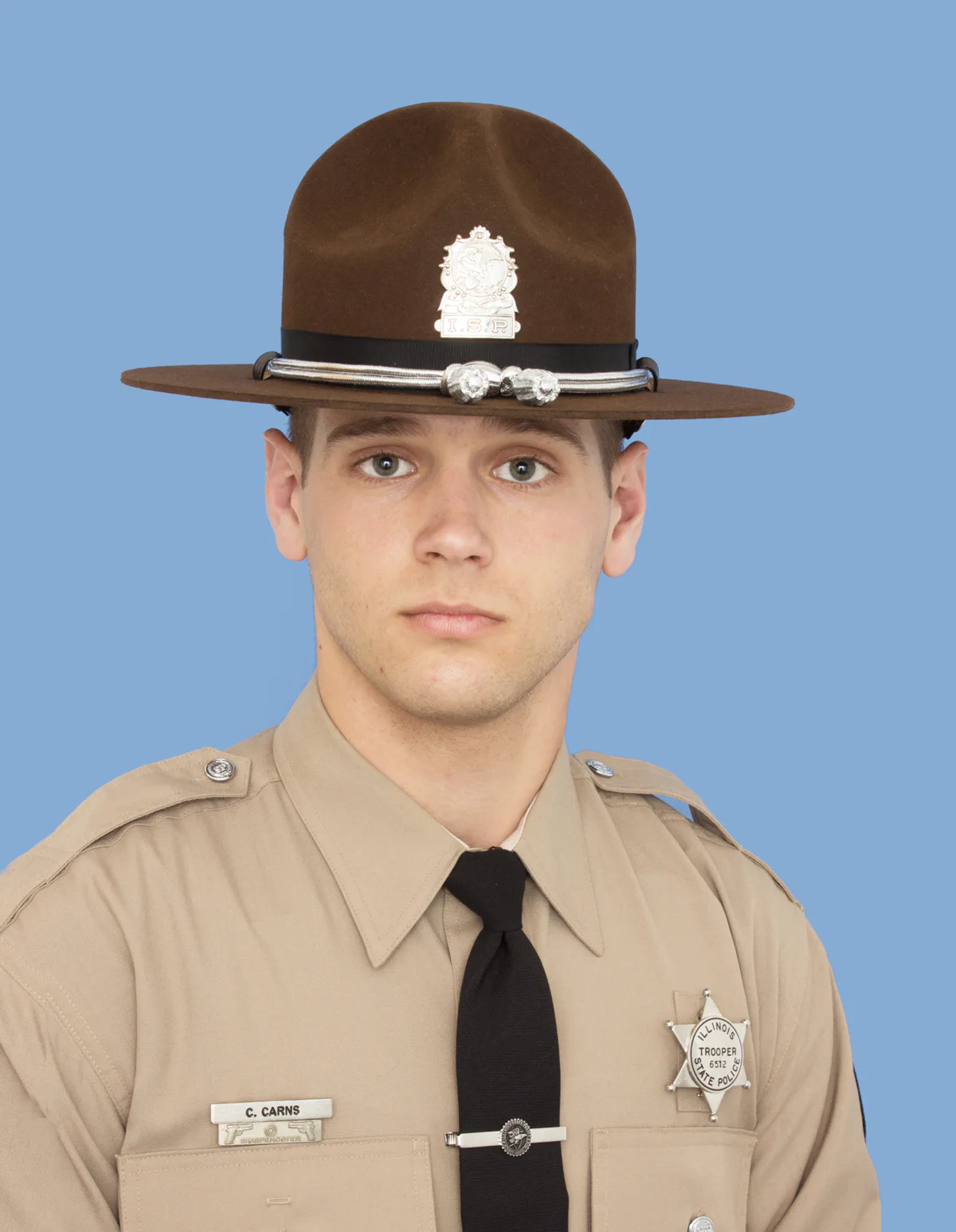A highly contagious virus that can seriously impact infants and the elderly has arrived earlier than usual for the second year in a row. Respiratory syncytial virus, otherwise known as RSV, is hitting at the same time health leaders are worried about a projected bad flu season and lingering variants of COVID-19.
The American Lung Association says RSV is so common and spreads so easily, nearly 100% of children are infected with the highly contagious condition before the age of 2. It’s also the leading cause of hospitalizations among infants.
Cases of RSV are already up beyond last year’s levels. Since early September, there have been 381 cases of RSV treated in OSF hospital emergency departments and outpatient clinics, with some of those requiring hospitalization. That’s up by 66 from a year ago. The state public health department reports emergency department visits and hospitalizations due to RSV are up statewide for those 18 and under. The agency also advises medical providers to consider testing patients with acute respiratory problems for other pathogens, such as RSV if they test negative for COVID-19.
Mara Bessine, an advanced practice registered nurse (APRN) for OSF HealthCare, says RSV is once again appearing earlier because people aren’t wearing masks, they’re gathering in groups, and they aren’t as vigilant about washing hands.
“We’re getting out more. We’re returning to day cares; we’re returning to school and all those things we were doing to prevent COVID, we’ve gotten a little lax on. We have returned to normal activities which has led to increased exposure to viruses of all kinds, which includes RSV.”
RSV usually produces symptoms of a common cold: stuffy or runny nose, sore throat, headache, cough and sometimes fever. However, RSV can be much more serious in young children, especially premature babies, and kids with diseases that affect the heart, lungs or immune system. Parents should seek immediate emergency care if their child’s skin, mouth or fingernails are blue or they have problems breathing.
“If you see your child having difficulty breathing, or labored breathing, or shallow or rapid (breathing), those are signs you need to get your child to the emergency room.”
For at-home care, Bessine recommends using saline drops and removing sticky nasal fluids with a bulb syringe, using a cool-mist vaporizer to keep the air moist, providing fluids in small amounts frequently through the day and giving non-aspirin fever-reducers such as acetaminophen.
The symptoms of RSV are also similar to those of COVID-19, and the only way to confirm a diagnosis is through testing with a nasal swab. Most children coming to OSF walk-in and medical clinics might be tested for either RSV or COVID-19, possibly both, based on a discussion with their provider about symptoms and potential exposure. Bessine has already seen a few babies and children with both RSV and COVID-19.
“They have fared well, but it’s something to be aware of – that you can catch both of them right now with them both going around. So for young children, that’s a high risk for them to catch one, let alone both.”
The average healthy adult can get RSV and not even experience symptoms. However, some adults face serious health consequences if they contract the virus including those over 65, especially if they have a chronic heart or lung disease and those with weakened immune systems.
There is no vaccine or easy, effective treatment for RSV though researchers are working on developing both. Typically, treatments are for severe symptoms including humidified oxygen, IV fluids and in rare cases, ventilation. Bessine says it’s really important for anyone with RSV to keep hydrated.
“The more fluids the better so that we can get the secretions out and that the mucus secretions are thinner and easier to manage. So, both for adults and young children, you have to watch for dehydration and that is a reason to get them to the hospital for IV fluids if we find they’re getting severely dehydrated.”
People infected with RSV are usually contagious for three to eight days but some can continue to be contagious for up to four weeks. For parents, it’s important to wash toys which can harbor RSV. It’s especially important to keep children home from day care or school when they or other children become ill. For children at high risk, limit their time at child care centers or gatherings with a large number of kids.
***Courtesy of OSF HealthCare***















